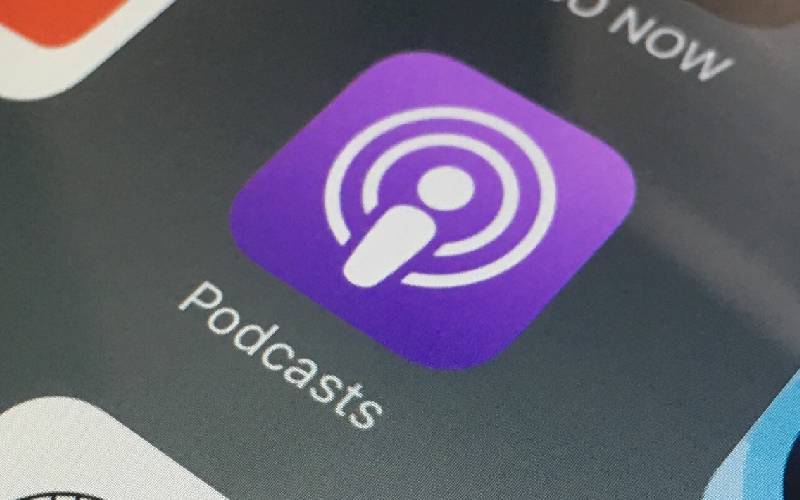×
The Standard e-Paper
Home To Bold Columnists

If you are a story-teller there is a good opportunity to turn that into a career. Now is a great time to start podcasting with millions turning to podcasts for entertainment. As with everything else, you need prior proper planning.